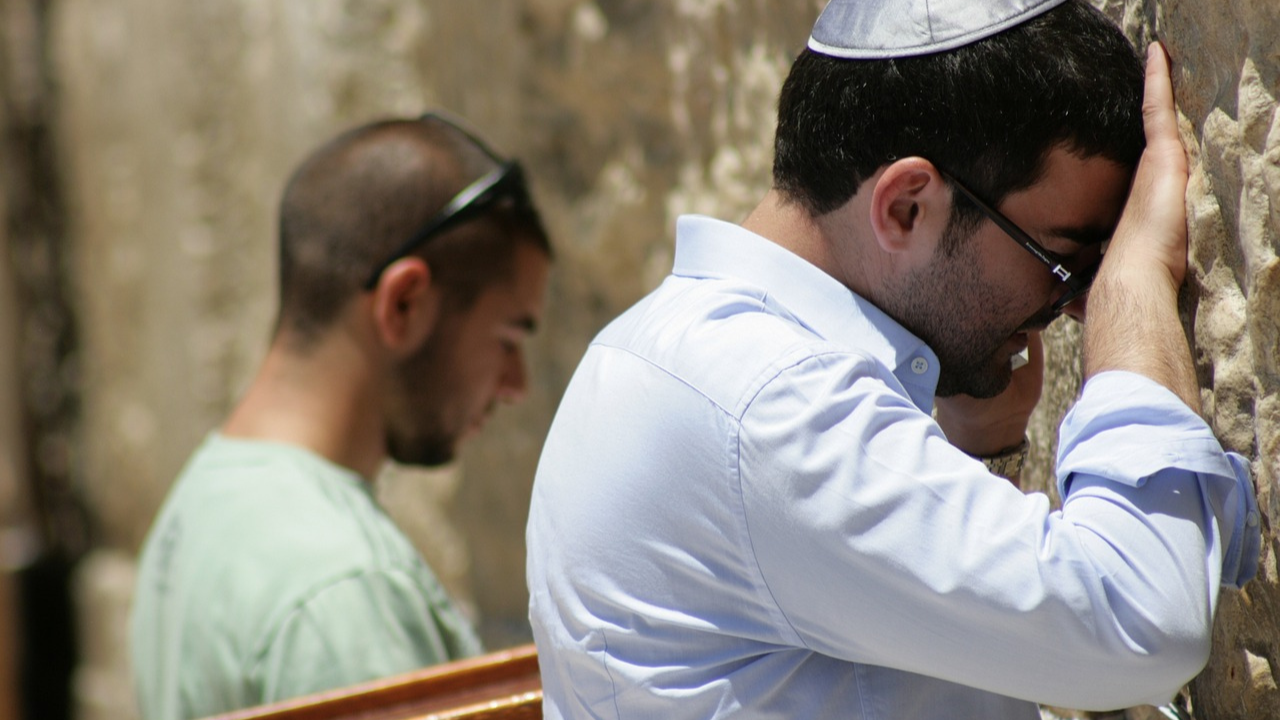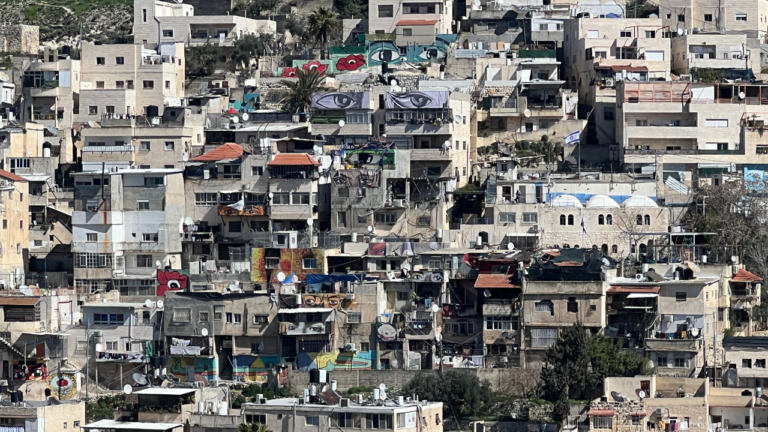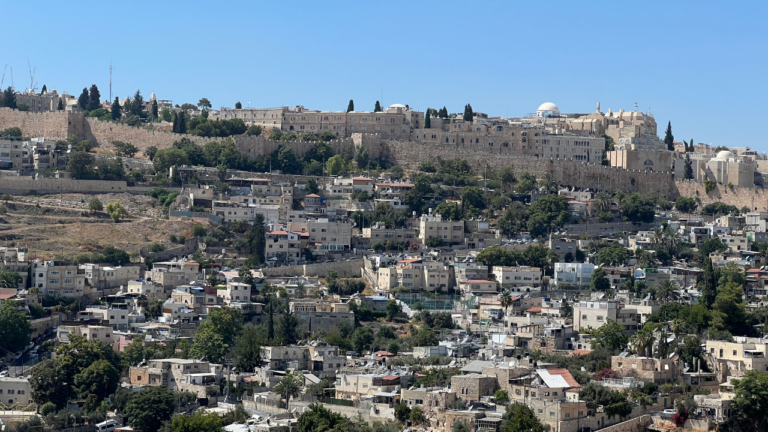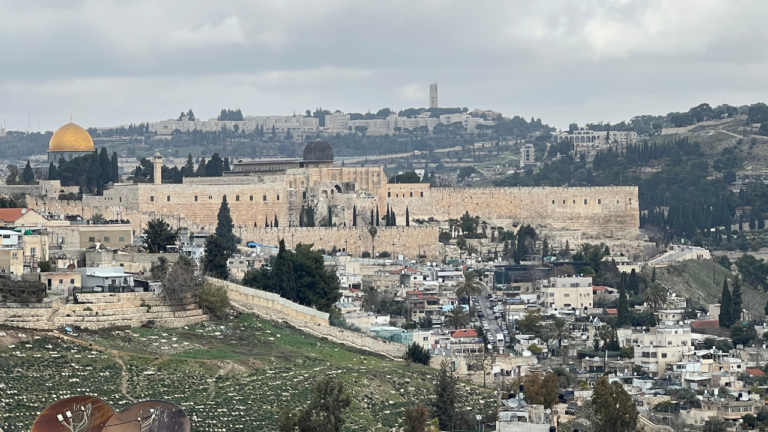Shlomo’s Journey: Givon to Jerusalem
This week’s haftorah opens with Shlomo HaMelekh awakening from his famous dream in which Hashem promises him unparalleled divine wisdom (Melachim 1, chapter 3). Shlomo had traveled to Givon to sacrifice one thousand elevation offerings on the communal altar situated there. After lying down to sleep, God speaks to him in a dream and grants him anything he desires. Instead of requesting wealth, long life, or military dominance, he asks only that Hashem grant him a leiv shomeah, a discerning heart, that understands justice so that he can lead Klal Yisrael.
Because Shlomo selflessly asks for the ability to properly judge and guide God’s chosen nation, Hashem grants him unparalleled wisdom, as well as wealth and honor. Upon awakening from this epic divine promise, Shlomo travels to Jerusalem where he offers up elevation and peace offerings, vaya’al olot vayas shelamim, and makes a festive feast for all his servants.
Shlomo’s behavior seems quite strange. He deliberately traveled to Givon to offer up a great quantity of korbanot. And yet, after receiving this special promise of wisdom from Hashem, he returns to Jerusalem and offers more korbanot. Why not simply stay in Givon and offer the korbanot there? Additionally, why does Shlomo suddenly sacrifice shelamim, peace offerings, instead of just olot, elevation offerings?
To answer these questions, we first must understand the distinction between various forms of mizbachot (altars). The Neviim describe three different kinds of altars: the bamah ketana (an individual’s altar), the bamah gedolah (communal altar outside of Jerusalem), and the mizbeach on Har HaBayit in the Beit HaMikdash. Hazal explain that it was permissible to bring personal sacrifices on a bamah as long as the Beit HaMikdash was not yet built. Even though there was a communal bamah gedolah in the city of Givon in Shlomo’s youth, this mizbeach did not generate a prohibition to bring sacrifices on personal altars. Only once Hashem’s chosen resting place in Jerusalem was established did it become permanently prohibited to offer sacrifices outside of Jerusalem on a bamah. In fact, the Navi tells us that Shlomo brought up sacrifices outside of both Givon and Jerusalem before he built the temple, contrasting this behavior with his pious father who only brought korbanot on communal alters in these locations (Melachim 1, 3:3).
The offering of korbanot on a private bamah represents a self-centered desire to connect to Hashem and bring about personal salvation. While this can be a holy expression of desire for spiritual transcendence, it can easily become a selfish endeavor that ignores the grander purpose of Klal Yisrael. While a communal bamah such as the altar at Givon represents a higher level of communal awareness and concern, its establishment doesn’t make personal bamot an impossibility. Givon doesn’t consolidate the Jewish people into a unified nation sufficiently to make personal bamot prohibited (in fact, see Megillah 9b where Rebbe Shimon explains that not all communal korbanot can be offered in Givon). However, Jerusalem’s power to bind together all of Klal Yisrael is so overwhelming that it simply becomes impossible to bring personal korbanot outside of the city once the Beit HaMikdash is built. In Jerusalem, the spiritual aspirations of the individual seamlessly intertwine with national destiny. The yachid recognizes himself as an indispensable part of the eternal nation, while also seeing the meaningless of his personal desires if they are not calibrated with the needs of Klal Yisrael.
Shlomo’s journey from private bamot to the bamah in Givon reflects his growth as the melekh of Yisrael, as his personal goals began merging with his desire for the glory of Klal Yisrael. However, he still is sacrificing olot, a korban that is solely offered up to Hashem and not shared with any others (unlike the shelamim which provides sanctified portions to other Jews as well). Hashem conducts a test: if given the chance to ask for anything, what will Shlomo care about? His personal legacy, wealth, and glory? Shlomo’s response proves beyond doubt that his personal aspirations were simply a means to unlock the greatness of Klal Yisrael and Hashem’s name in this world. This request finds favor in Hashem’s eyes; since this melekh’s personal greatness will simply be a tool to bring glory to Klal Yisrael, Hashem grants Shlomo all of the blessings that he didn’t even care to ask for.
The last stage of Shlomo’s sacrificial journey must end in Jerusalem. In the city of his father David, personal ambition melts into the cosmic plan of the Ribbono Shel Olam. Suddenly, the korban shelamim makes a prominent appearance, and a feast for all of Shlomo’s servants is prepared. The entirety of Am Yisrael become part of Shlomo’s transcendent spiritual journey.



